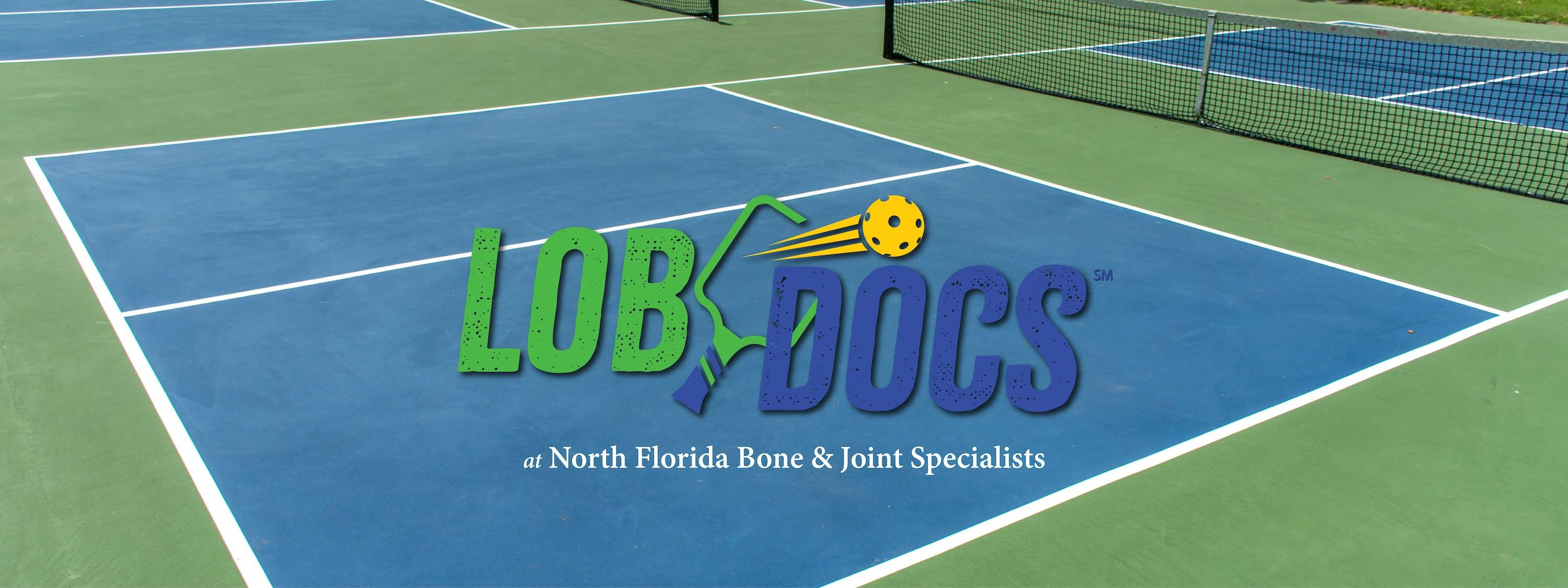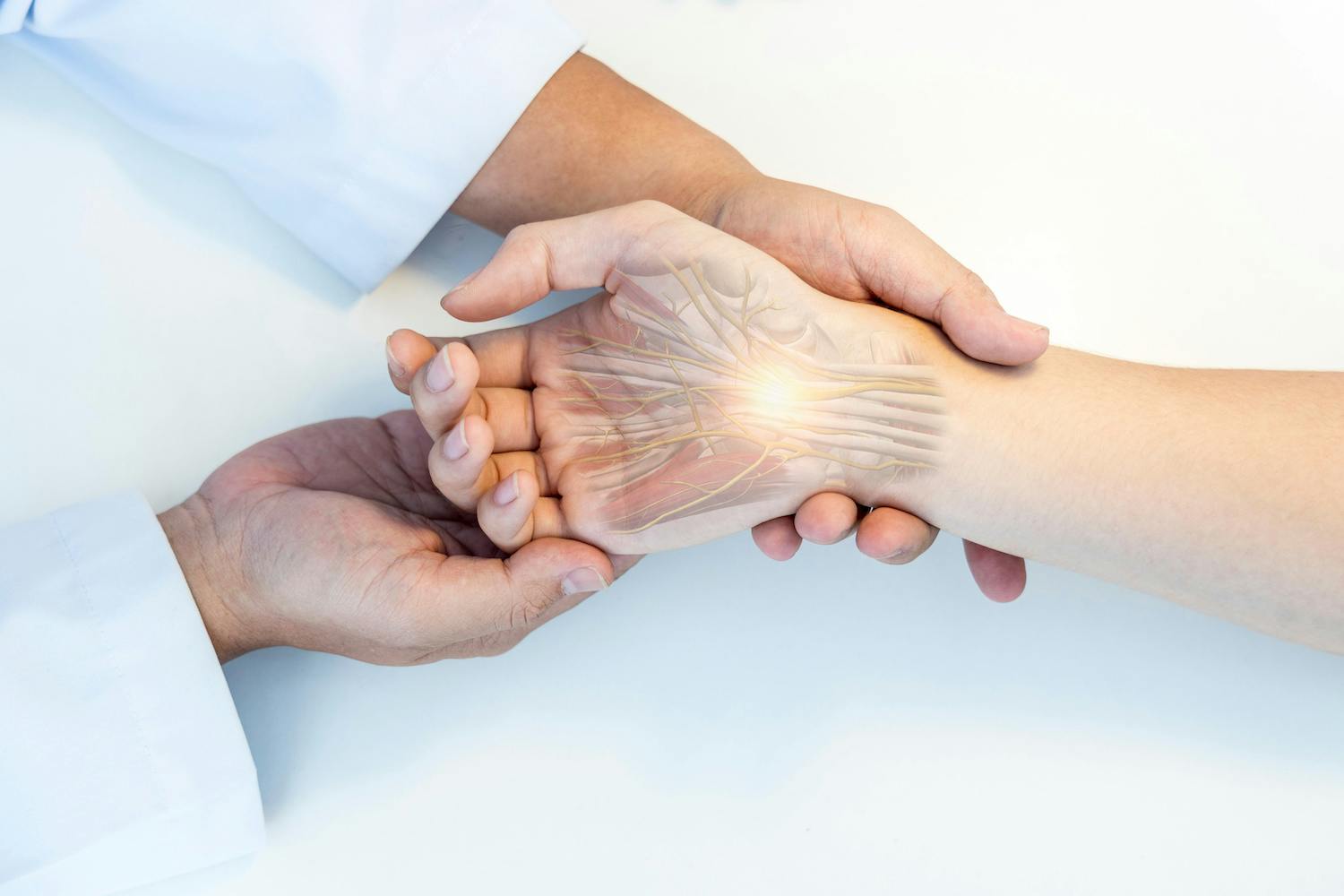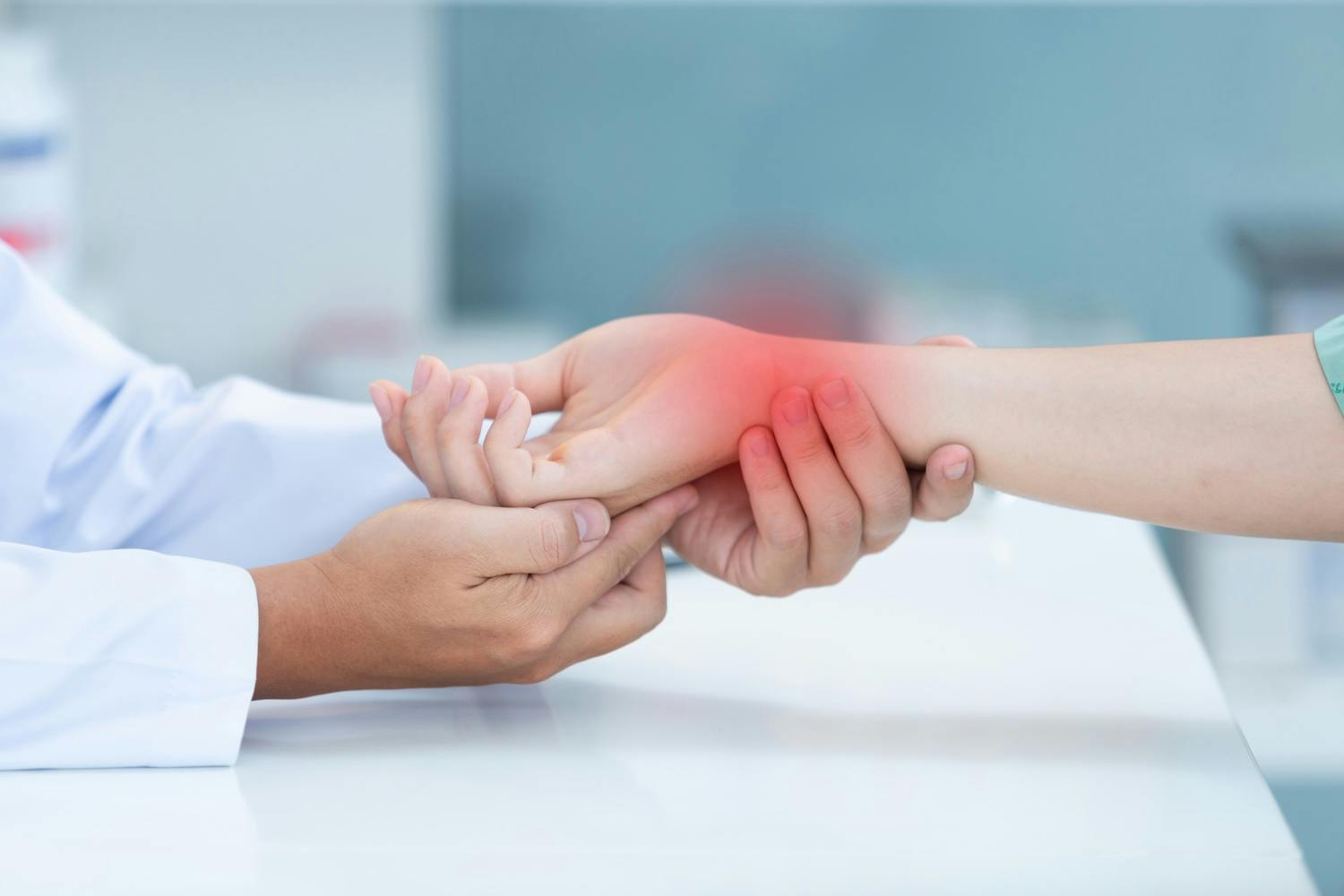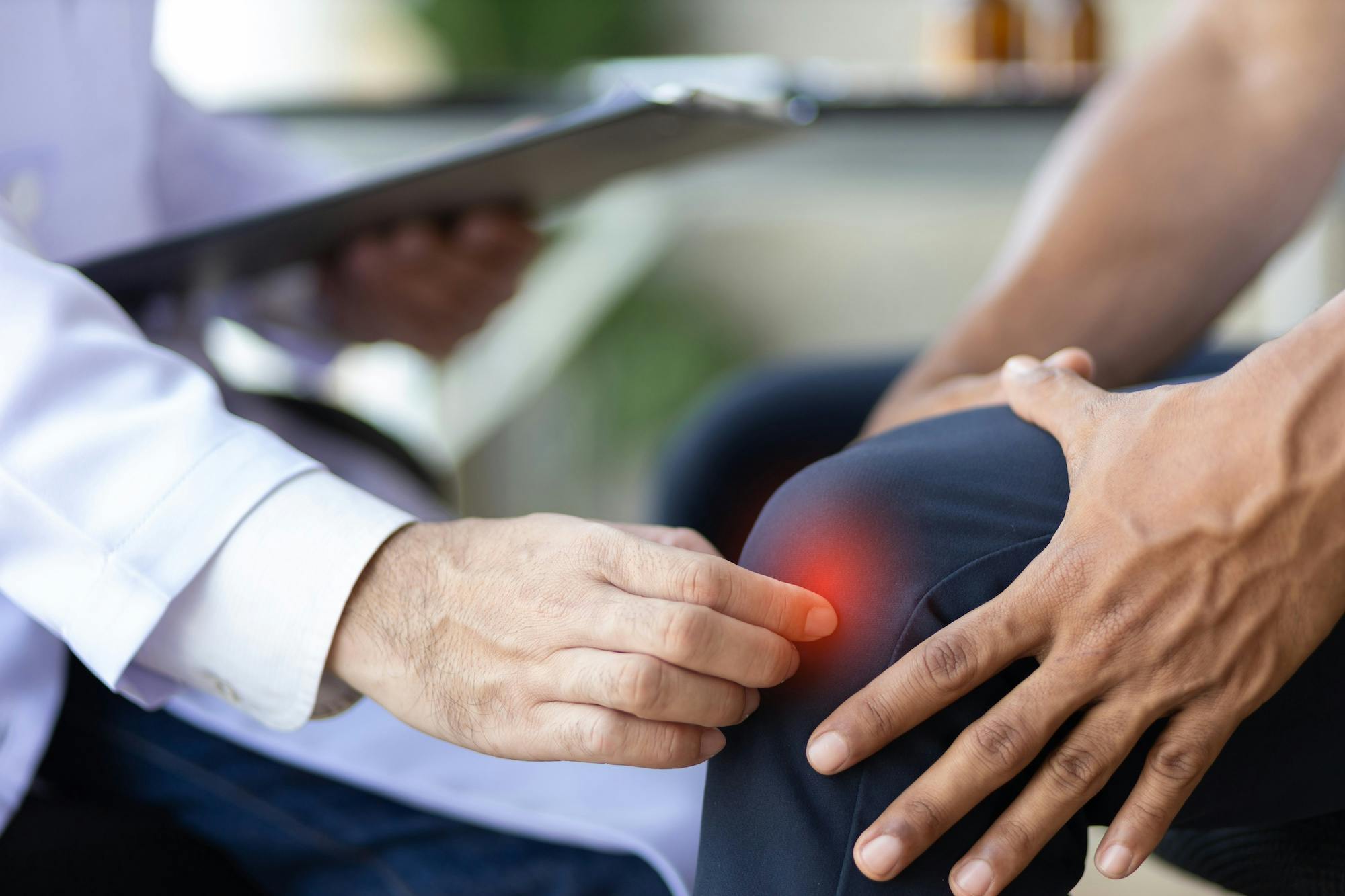- Blog
Game On: Pickleball Playing Safety
Posted on 04-26-2025 in Pickleball & Lob Docs by Dr. Ryan Riggs

Posted on 04-26-2025 in Pickleball & Lob Docs by Dr. Ryan Riggs
Pickleball is more than just a fun, fast-paced game—it’s one of the fastest-growing sports in the country. With its easy learning curve and appeal to players of all ages, it’s no wonder that pickleball courts are popping up in neighborhoods and recreation centers everywhere, including right here along the Gulf Coast.
However, as with any physical activity, playing pickleball should be done safely to minimize your risk of developing an orthopaedic injury or condition that can impact your health in the long term. Whether you’re a seasoned player or just picking up a paddle for the first time, here are some simple tips from our North Florida Bone & Joint Specialists Lob Docs to help you stay safe and healthy on the court:
1. Warm Up Before Every Game
It might be tempting to jump straight into the action, but skipping a proper warm-up can put you at risk for muscle strains, sprains and even more serious injuries. Take 5–10 minutes to do light cardio, such as jogging or brisk walking, to get your blood flowing. Follow it up with dynamic stretches that focus on your shoulders, wrists, hips and legs—key areas that pickleball puts to the test.
2. Use the Right Gear
Wearing the proper footwear is essential for pickleball. Choose court shoes with good lateral support to prevent ankle injuries. Running shoes are not ideal for the quick side-to-side movements required in the game. Choosing the right paddle is also essential. A paddle that’s too heavy or light for your comfort level can lead to wrist, elbow or shoulder pain. Make sure your paddle is the right weight and grip size for you. Additionally, consider wearing braces or supports for extra protection if you’re prone to wrist or elbow discomfort.
3. Practice Proper Technique
Good form doesn’t just improve your game—it also reduces your risk of overuse injuries like tennis elbow, a common ailment among pickleball players. Make sure you’re using your entire body when hitting the ball, not just your wrist or elbow, and avoid overextending your joints when reaching for a shot. If you’re new to pickleball, consider taking a lesson to learn the basics of safe play.
4. Listen to Your Body
Pickleball is addictive, but overdoing it can lead to fatigue and injuries. If you’re feeling sore or experiencing pain, take a break. Rest and recovery are just as important as practice to improve your performance and stay injury-free.
5. Don’t Forget About Conditioning
Staying fit off the court can make a big difference on it. Strengthening your core, legs, and upper body can improve your stability and power during play, while flexibility and balance exercises can help prevent falls and other injuries.
North Florida Bone & Joint Specialists Lob Docs Can Help
Even with the best precautions, injuries can still happen. That’s where North Florida Bone & Joint Specialists fellowship-trained Sports Medicine Physician Dr. Ryan Riggs comes in. As a member of our Lob Docs team, Dr. Riggs is here to help you get back in the game after an injury—or even better, avoid one in the first place!
Whether you’re dealing with a sore shoulder, a twisted ankle or chronic joint pain, we offer personalized treatment plans to get you moving again. Our team has you covered, from advanced diagnostic tools to physical therapy and minimally invasive procedures. Visit our Lob Docs page for additional information, or schedule an appointment with Dr. Riggs. See you on the court!

In-office surgery of the hand and upper extremities offers patients the best of both worlds – innovation and accessibility with safety top of mind. At North Florida Bone & Joint Specialists, our fellowship-trained hand surgeons, Dr. Alex Coleman, Dr. Steven Kronlage and Dr. James Piorkowski, perform various procedures efficiently while maintaining the highest standard of care at our Gulf Breeze and Pensacola locations.

Office-based surgery of the hand and upper extremities offers patients innovative treatment options that maintain the highest safety standards with no increase in complications, infections or adverse outcomes. One of the most common in-office procedures we perform is the Mini-Open Carpal Tunnel Release, which is found to be a safe, minimally invasive option to treat

Recently, Dr. Ryan Riggs completed training on iovera°, an innovative pain relief treatment that uses extreme cold to stop nerves from sending pain signals to your brain. The system is safe, doesn’t damage or destroy any surrounding tissue and does not contain any medication.